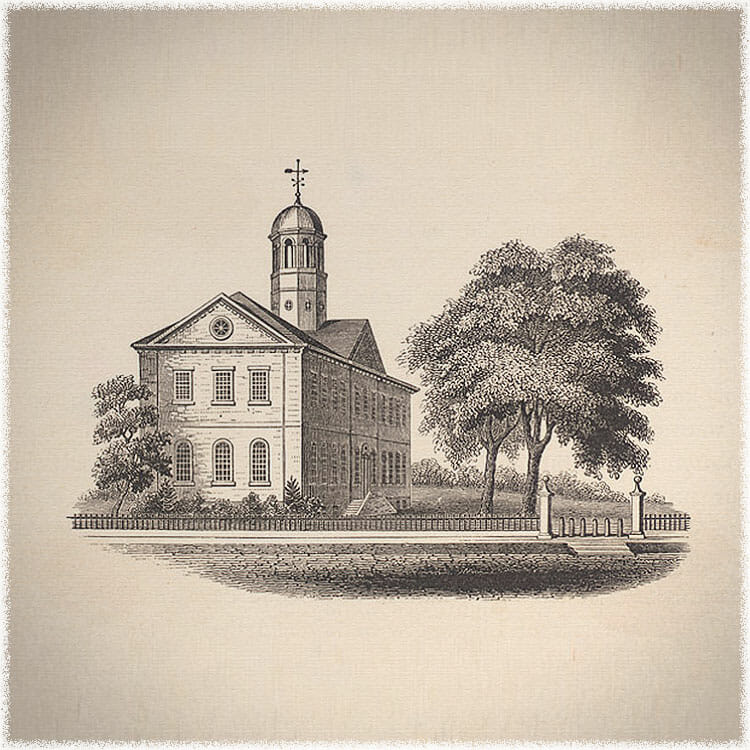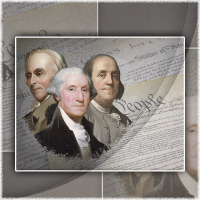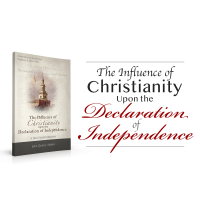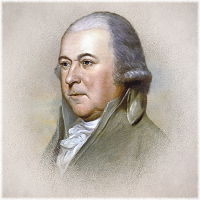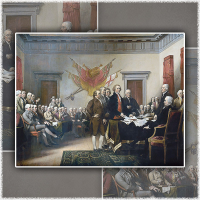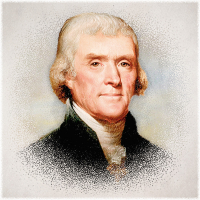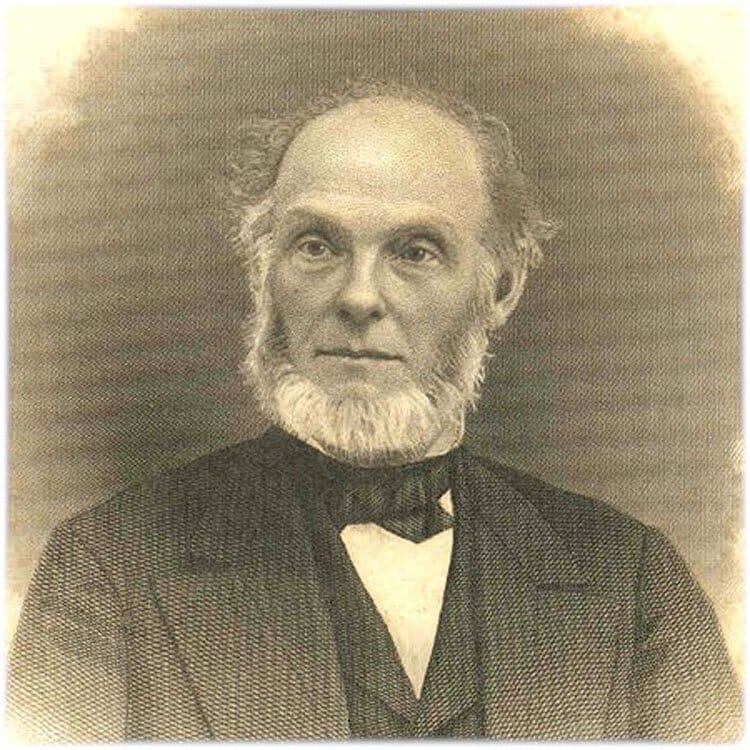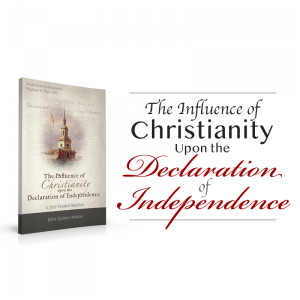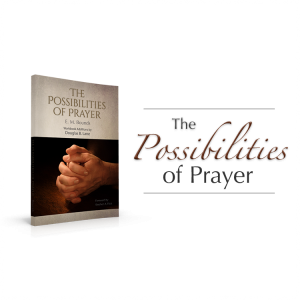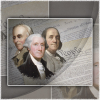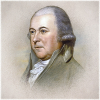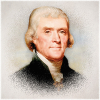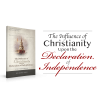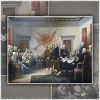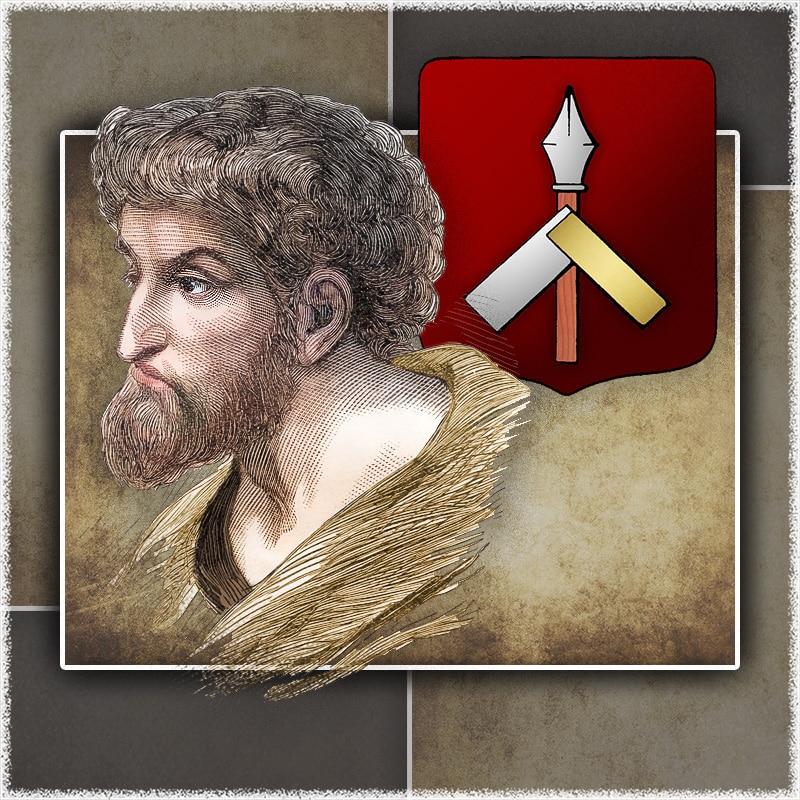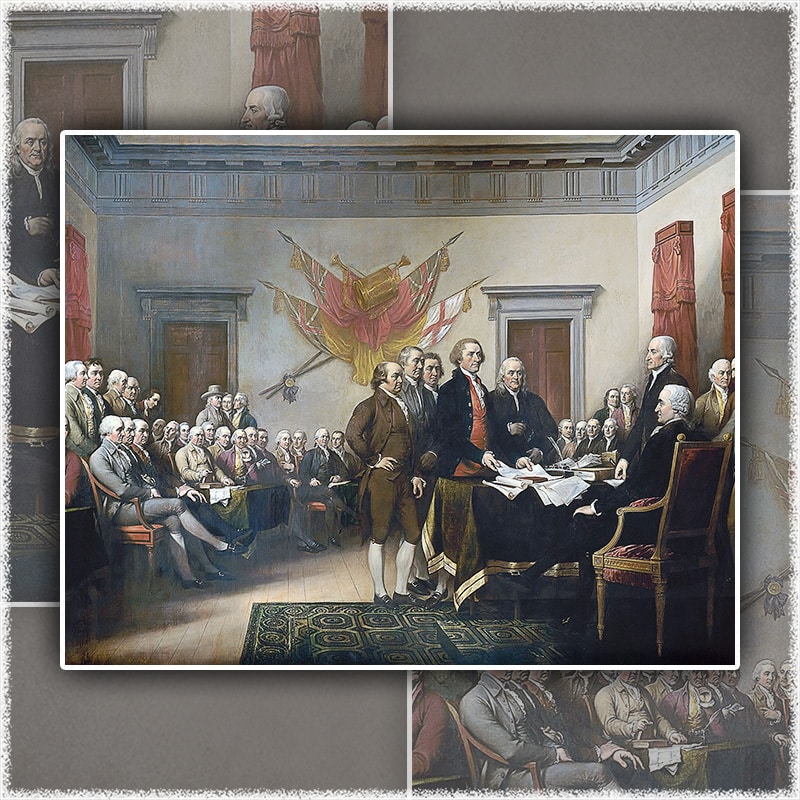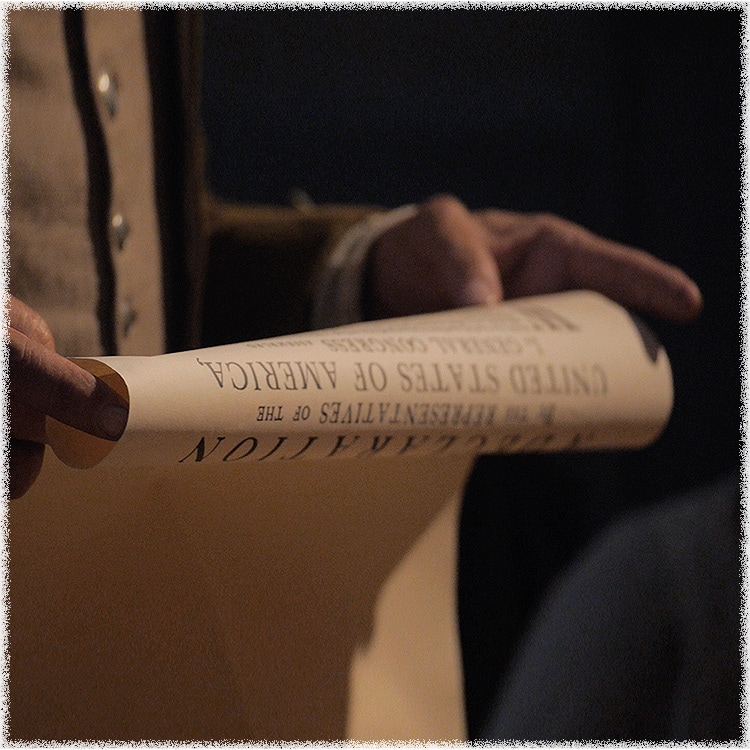Only eighteen years after the Pilgrims landed in the New World, Harvard College, the first of the Ivy League schools, was established for the sake of educating the clergy and raising up a Christian academic institution to meet the needs of perpetuating the Christian faith. All of the Ivy League schools were established by Christians for the sake of advancing Christianity and meeting the academic needs of the New World. No better summary of this effort can be offered than the one provided by the founders themselves:
After God had carried us safely to New England, and we had built our houses, provided necessaries for our livelihood, reared convenient places for God's worship, and settled the civil government; one of the next things we longed for, and looked after was to advance learning, and perpetuate it to posterity; dreading to leave an illiterate ministry to the churches, when our present ministers shall lie in the dust."[1]
A study of the first American educational institutions will reveal a commitment to spread of the Gospel via Christian academics. One-hundred-six of the first one-hundred-eight colleges formed in America were formed by Christians and built upon Christian principles. Before the Civil War (1861-1865), scarcely half a dozen colleges were established without a commitment to biblical and Christian principles, and most of the presidents of Christian colleges were clergymen.
The deep evangelical convictions of the Christian founders of American education have been etched in various and numerous places, but perhaps none speak more eloquently of their piety and spiritual zeal than the spiritual expectations Harvard had for its young scholars—known as the Rules and Precepts of Harvard.
Rules and Precepts of Harvard
1. When any scholar is able to understand Tully, or such like classical Latin author extempore, and make and speak true Latin in verse and prose, And decline perfectly the paradigms of nouns and verbs in the Greek tongue: Let him then and not before be capable of admission into the college.
2. Let every student be plainly instructed, and earnestly pressed to consider well, the main end of his life and studies is, to know God and Jesus Christ which is eternal life, John 17:3, and therefore to lay Christ in the bottom, as the only foundation of all sound knowledge and learning. And seeing the Lord only giveth wisdom, let every one seriously set himself by prayer in secret to seek it of him Prov. 2, 3.
3. Every one shall so exercise himself in reading the Scriptures twice a day, that he shall be ready to give such an account of his proficiency therein, both in theoretical observations of the language, and logic, and in practical and spiritual truths, as his tutor shall require, according to his ability; seeing the entrance of the word giveth light, it giveth understanding to the simple, Psalm. 119. 130.
4. That they eschewing all profanation of God's name, attributes, word, ordinance, and times of worship, do study with good conscience, carefully to retain God, and the love of his truth in their minds else let them know, that (notwithstanding their learning) God may give them up to strong delusions, and in the end to a reprobate mind, 2 Thes. 2. 11, 12. Rom. 1. 28.
5. That they studiously redeem the time; observe the general hours appointed for all the students, and the special hours for their own classes: and then diligently attend the lectures without any disturbance by word or gesture. And if in any thing they doubt, they shall inquire as of their fellows, so, (in case of non satisfaction) modestly of their tutors.
6. None shall under any pretense whatsoever, frequent the company and society of such men as lead an unfit, and desolate life. Nor shall any without his tutor's leave, or (in his absence) the call of parents or guardians, go abroad to other towns.
7. Every scholar shall be present in his tutor's chamber at the seventh hour in the morning, immediately after the sound of the bell, at his opening the Scripture and prayer, so also at the fifth hour at night, and then give account of his own private reading, as aforesaid in particular the third, and constantly attend lectures in the hall at the hours appointed. But if any (without necessary impediment) shall absent himself from prayer or lectures, he shall be liable to admonition, if he offend above once a week.
8. If any scholar shall be found to transgress any of the laws of God, or the school, after twice admonition, he shall be liable, if not adultus, to correction, if adultus, his name shall be given up to the overseers of the college, that he may be admonished at the public monthly act. . . .[2]
Related Articles
[1] The Rebirth of America (n.p.: Arthur S. DeMoss Foundation, 1986), 41.
[2] Founding Of Harvard College, America, vol. 2:155-157; quoted at BYU: Educational Leadership and Foundations, "Founding of Harvard College" (http://education.byu.edu/edlf/archives/prophets/founding_fathers.html, September 26, 2012).

